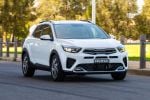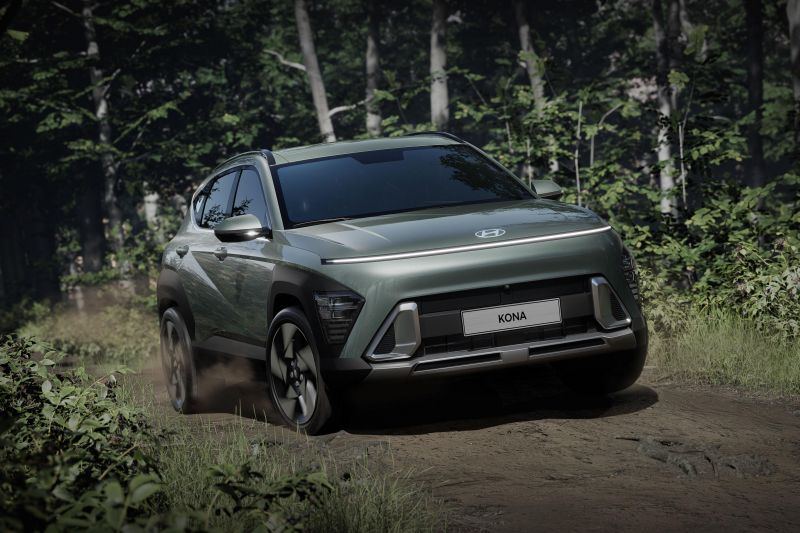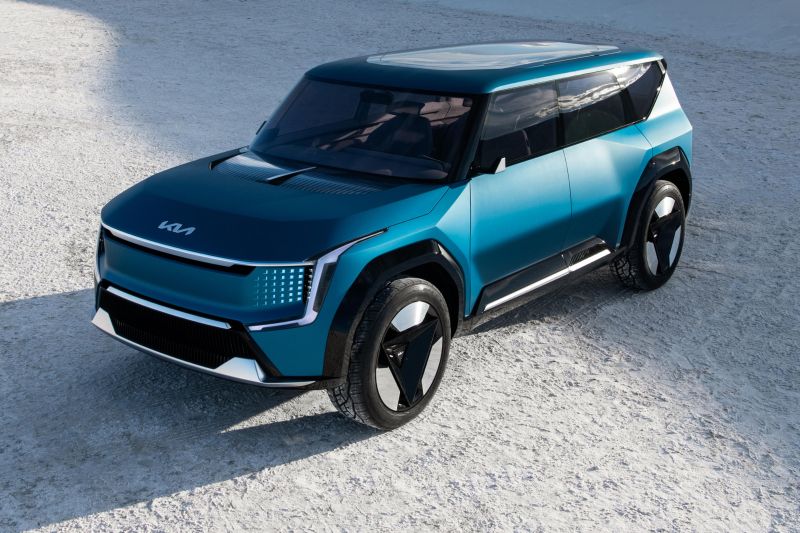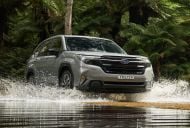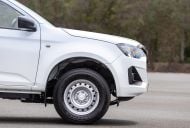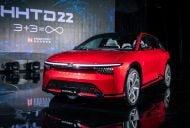Hyundai Motor Group plans to sell about 7.5 million cars in 2023, representing a targeted volume increase of almost 10 per cent year-on-year (YoY).
The Group’s plans for 2023 include 4.3 million Hyundai and Genesis models, and 3.2 million Kias – with projected percentage increases roughly the same across the two volume brands.
The combined Korean brands sold about 6.85 million vehicles in 2022, which was itself up around 2.7 per cent over 2021’s data despite ongoing production and logistics holdups.
Hyundai and Genesis
Hyundai and Genesis sales grew overall in 2022, around the globe, by 1.4 per cent. Deliveries dropped 5.2 per cent in Korea but grew 2.9 per cent in non-domestic markets.
Unfortunately Hyundai doesn’t offer a sales breakdown by model unlike Kia, but claims the Ioniq 5 and new Ioniq 6 EVs together recorded more than 100,000 global sales.
Hyundai’s main product launches for 2023 are the all-new Kona small SUV which becomes a more practical proposition this time around, a brand new Santa Fe large SUV, and the hyped Ioniq 5 N electric hot hatch.
Kia in 2022
While sales in Korea were up 1.1 per cent, it was overseas regions where sales growth was more robust, up 5.4 per cent. Overall Kia sales grew 4.6 per cent YoY.
The Sportage mid-sized SUV topped the company’s global sales ranking with 452,068 units, followed by the Seltos small SUV with 310,418, and the Sorento large SUV with 222,570.
The electric EV6 clocked up nearly 80,000 units.
Kia’s biggest launch product for the year is the highly anticipated EV9 large electric SUV, due for launch from early 2023.
Key numbers
Hyundai Motor Group
- 2023 target: 7,521,000 cars
- 2022 sales: 6,848,198 cars
- 2021 sales: 6,667,085 cars
Hyundai and Genesis
- 2023 target: 4,321,000 cars
- 2022 sales: 3,944,579 cars
- 2021 sales: 3,890,726 cars
Kia
- 2023 target: 3,200,000 cars
- 2022 sales: 2,903,619 cars
- 2021 sales: 2,776,359 cars
MORE: Kia’s rapid growth tracked, as it overtakes Hyundai in Australia
